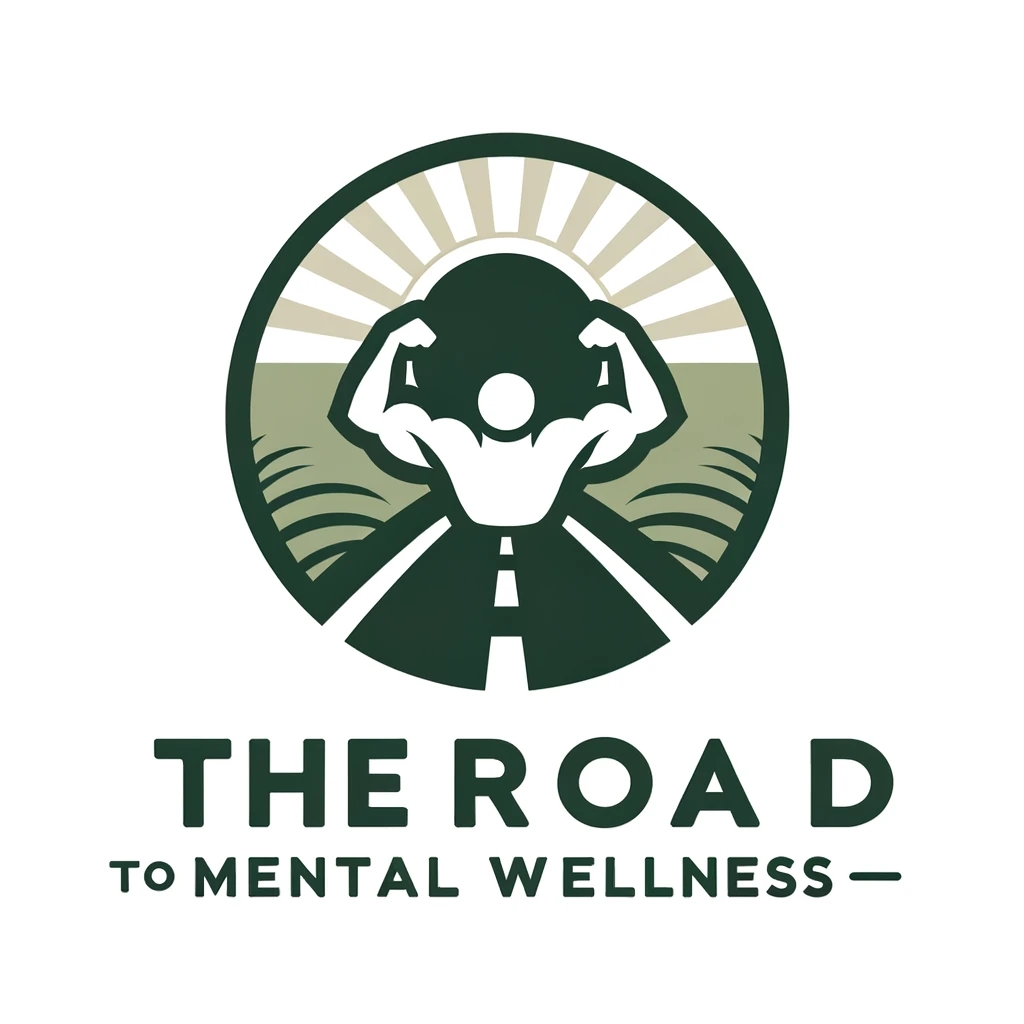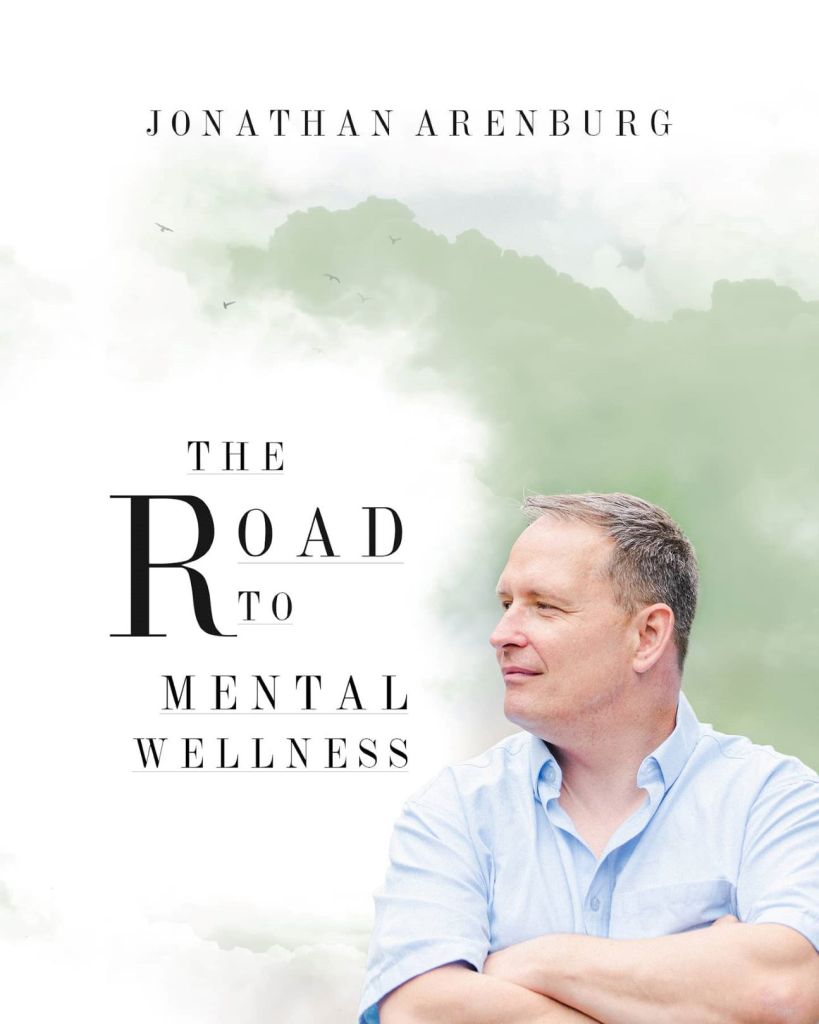Discover practical parenting tips for managing mental health struggles, fostering children’s independence, and maintaining family harmony. This post offers personal insights and strategies for navigating the complexities of parenting with mental illness.
Share on Facebook Share on Twitter Share on LinkedInParenting is a journey full of surprises, each day presenting a new challenge. It’s like having miniature versions of yourself, these little beings who sometimes forget that parents are human too. On many days, you might feel like a stealthy intruder in your own home, sneaking around for a moment of solitude. Even the slightest noise can bring tiny fists knocking on the bathroom door, followed by a small voice pleading, “Daddy.”
Do you ever pause, thinking you hear tiny footsteps outside the door? Don’t misunderstand me—I wouldn’t trade being a parent for anything. It’s the most rewarding adventure I’ve ever embarked on. However, parenting is universally acknowledged as incredibly challenging. This becomes even more complex when dealing with mental illness. How do you manage parenting responsibilities when overwhelmed by anxiety and dread?
On days when my mental health struggles, coping with myself is a significant challenge. My inner critic becomes overpowering, discouraging me from activities like going to the gym and attacking my self-esteem with harsh criticisms. It’s like being trapped with an incessant negative soundtrack on repeat.
Despite these struggles, opting out isn’t possible when you have children. They still need to attend school, participate in activities, and spend time with friends. It’s even more demanding when they too are having a tough day emotionally—they need support, and withdrawing isn’t an option. I’ve learned to navigate my difficulties to assist them with their daily lives.
I’ve become adept at recognizing when my reactions and fears don’t align with reality, understanding that these feelings are symptomatic of my mental disorders. This self-awareness led me to seek help, allowing me to better manage my condition and support my children in understanding and coping with these challenges.
When they were younger, I’d explain that I wasn’t feeling well in terms that made sense to them, like having a stomachache or headache. I would set boundaries around noise and explain the importance of quieter activities when I was unwell. This not only helped manage my symptoms but also taught them empathy and consideration.
Our best moments are spent on my good days, emphasizing that they are loved and that we can tackle challenges together. These moments of one-on-one time, earned through good behavior, have helped mitigate behavioral issues and fostered a mutual respect and cooperative relationship, which is crucial during times when my mental illness is particularly burdensome.
I also learned that constantly catering to every whim made me feel more like a servant than a family member, which exacerbated my anxiety and depression. Encouraging their independence has been crucial. Teaching them life skills, like cleaning their room or doing laundry, has empowered them and reduced chaos at home, which in turn supports my mental health.
As they grow older, they gain a better understanding of anxiety, depression, and PTSD. I maintain open communication, inviting questions and sharing my experiences openly. They may not grasp everything, but they understand enough to show mutual respect and help make each day as smooth as possible.
For those struggling with mental illness while parenting, consider some of these approaches. Remember, we are their parents, not their servants. Teach independence as soon as they’re ready to handle small responsibilities. This not only alleviates some of your stress but also fosters a nurturing environment for both you and your children.
Any parent can tell you that it is the most difficult thing they have ever done. So how does one handle the never-ending duties of parenting when they are stuck with mental illness when they wake up to find themselves full of dread fear and anxiety? How do parents or a parent minimize the impact that these darker days have?
For me, the days when my mental illnesses flare up like arthritis on a damp and rainy day, makes dealing with myself a tall order, fighting with the inner voice that tells me to “stay in bed and don’t you dare go to the gym today”! This internal a**hole also likes to whittle down my self-esteem on these days like a schoolyard bully, always putting me down to the lowest; saying things like “You can’t do anything right?” Or, “Nobody likes you.” It’s a hell that is the equivalent to having your most hated song being put on repeat for the entire day. When my mind works against me I want nothing more than to be alone in the quiet, sleeping the day away.
Because I have children, this is not an option for me, it’s a little better now that they are older but nonetheless, they still have to get to school and extracurricular activities, get to their friend’s place etc. More challenging still are the moments when they are having a tough day mentally too. They need me! It’s not optional therefore, I had to come up with ways to swim through my own mess to help them with their everyday life.
Fortunately, I am self-aware enough to see that there is something not quite right with how I deal with the outside world and understand that the war within is not normal. Irrational thinking and fear were unfounded. I finally concluded that living in a headspace that was almost always unpleasant wasn’t the way it should be, I was then able to realize I needed help. Through getting help, I was able to understand that what was going on with me was real, and I learned that this was being produced by one or more of my disorders. Then I was able to help my children understand and get through it too.
When they were smaller I would tell them that daddy doesn’t feel good inside his tummy and in his head. I took the time to explain to them that daddy’s body can’t handle really loud noises when he’s not feeling well. I set up a scenario where it would feel as though we all had to work together to make the best day for everyone. Like; “What are the things we can do today that are quiet activities”? It was always a huge priority for me to make sure they understood that when I am not feeling well and when they are noisy, that they weren’t doing anything wrong, just that my sickness would worsen when they were being loud.
Most of the work I do with my kids is concentrated on my good days, this ensures that they know they are loved and that we can work together to get through all of our difficult moments. Our one on one time is super important and has always been a top priority. All my kids ever wanted was my time, so I would give it to them, not every five seconds of the day, but they could earn the one on one time for good behaviour. Once I taught them what good behaviour was and what was expected from them, it became easier and easier. This one on one time alleviated the bigger behavioural issues and allowed me to build a relationship, a bond that set the stage for mutual respect. Mutual respect goes a long way in sponsoring a cooperative relationship. This relationship-building became an essential tool for getting through the times when mental illness consumed me because they had enough understanding knowing when daddy wasn’t well and that we had to work together to get through it. I worked hard to also respect the times they were experiencing difficulties of their own. Lead by example.
Also, I realized that doing every little thing for them and running to their beck and call turned me into their butler, chauffeur, and unpaid personal assistant. This was hell on my anxiety and compounded my depression because I was a slave to my children, not a loving family member. So in order to sponsor their independence and help me get through the days when I was sicker, I took every opportunity to teach them how to be independent.
At first, it was a lot of work because it required my participation, teaching them skills like cleaning their room. I would help and teach making common sense statements as we went like, “We put things away, so we don’t step on and break our favourite toys.” I walked through every life task, step by step. I taught them to do laundry, going through the entire procedure a few times, then I left them to it, helping them out only if they had questions. Eventually, much sooner than I expected they were doing many things on their own and were happy to do so. This work paid dividends, not only for the kids independence and happiness but for my illnesses as well. It allowed for a far less chaotic environment which in turn helped and still helps me on the darker days, the result being that I can slug along and help them with their needs and enjoy their company much more.
As they get older they are able to understand better what anxiety, depression and PTSD are. I am an open book and invite them to ask me questions, I explain to them what the symptoms are and I tell them when I have days when I am struggling to make it through. They may not completely understand, but they understand enough that we all engage our mutual respect for one another to make the day go as well as it can.
So, if you’re struggling with mental illness and are trying to parent your way through the tough days, you can try some of these things that work for me. My position on parenting is this: We are their parents, not their slaves. (How anxiety-producing is finding yourself in this position?) I feel like when they are old enough to carry their backpacks, tie their shoes and fasten their seat belts, teach them. Doing everything for them will act as the fuel that makes your angst worse, makes your symptoms worse, and robs you of the moments with your kids that you will always regret. Independence is what we, as parents, should be striving for with our children. Its personal benefit to you is that you get to be left alone more with a little more room to breathe. This, in turn, helps you navigate through the tough days and helps you raise your kids too.









Please leave a comment and tell us what you liked about what you read.